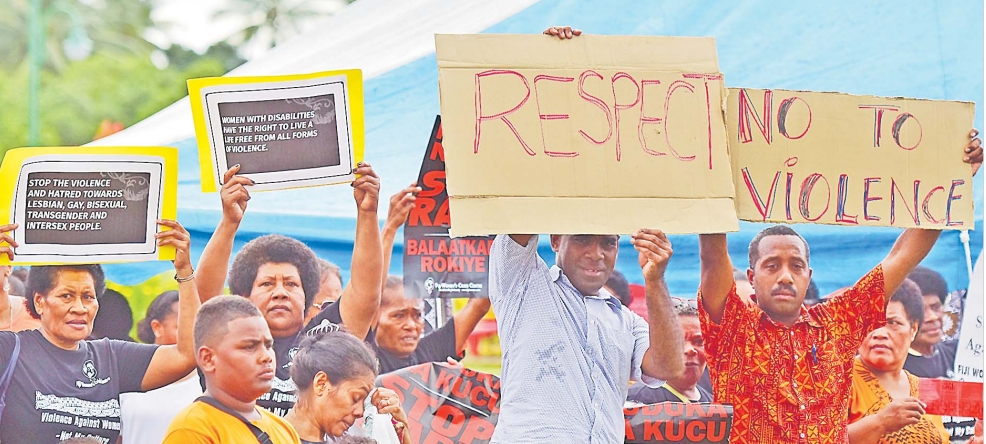The national fight against gender-based violence (GBV) is hindered by a lack of coordinated, comprehensive data on perpetrators.
In her policy brief titled Masculinities and Gender-Based Violence (GBV) in Fiji: The Perceptions of iTaukei (Indigenous Fijian) Men, academic researcher Avelina Rokoduru says the absence of proper data systems is crippling national prevention efforts and limiting accountability.
“Accessible de-identified data for Fiji men and especially iTaukei men GBV perpetrators is scarce,” she wrote.
While institutions like the Fiji Police Force and the Office of the Director of Public Prosecutions (ODPP) release some statistics, Ms Rokoduru says the information is far from complete.
Many of the datasets, she says, fail to specify the gender or relationship of the offender to the victim, or even the circumstances of the crime — all critical to designing effective GBV policies.
“These omissions weaken analyses,” she said.
She noted that Fiji has “little GBV perpetrator data coordination and centralisation” across key government institutions, including the police, courts, Corrections Service, Legal Aid, Social Welfare, and the Bureau of Statistics.
“There is inconsistency in data reporting from these institutions too,” she wrote.
Where data does exist, it often raises more questions than answers.
“The available data raises questions about definitions, quality, completeness. They hinder meaningful analysis and interpretation for policy change,” she said.
For instance, while some reports categorise offenders by “gender,” it remains unclear whether the data refers to biological sex or social identity, which can result in further misinterpretation.
Other crucial information — such as offender age, ethnicity, religion, and geographic location — is tracked inconsistently or not at all. No central agency is responsible for collecting, verifying, and consolidating this information into a comprehensive national database.
Ms Rokoduru is calling for an overhaul of the way GBV data is collected and used in Fiji.
“A national GBV response which develops, gathers and uses data for everyone affected — victims, survivors and perpetrators — is required for Fiji,” she said.
Without that data, she warns, government and civil society are unable to fully understand the scale or pattern of intimate partner violence — nor respond with targeted interventions.
She says the lack of data may be contributing to the continued silence around iTaukei male perpetrators, the group most commonly responsible for domestic violence in Fiji.



